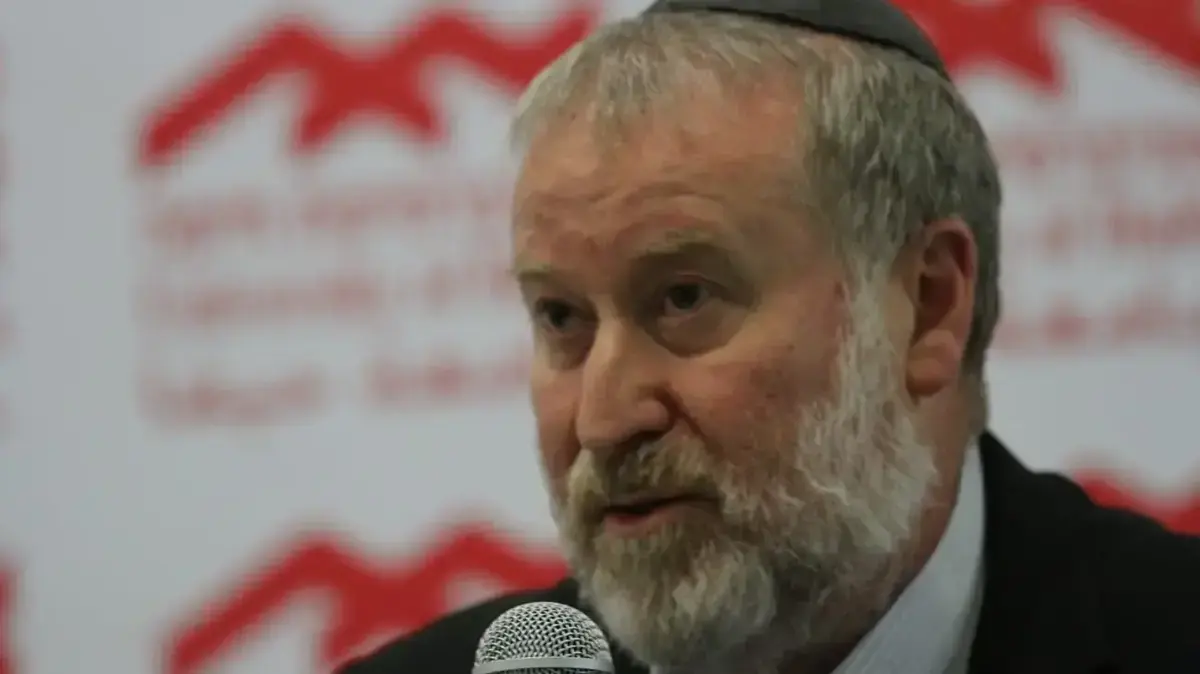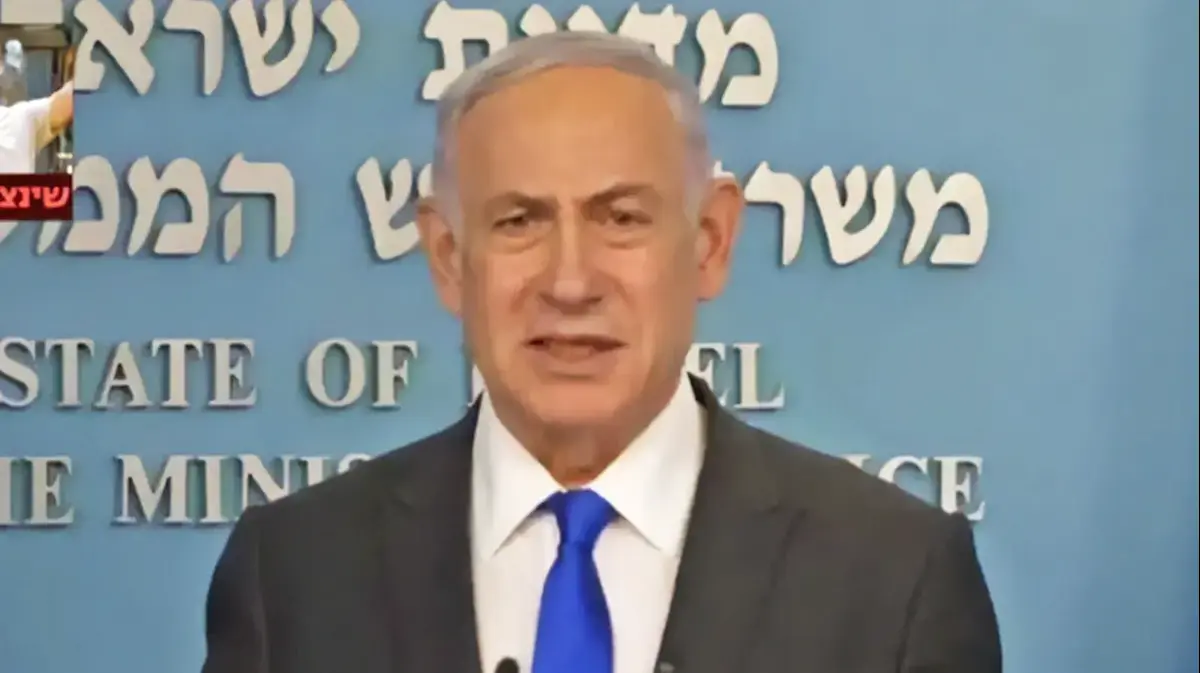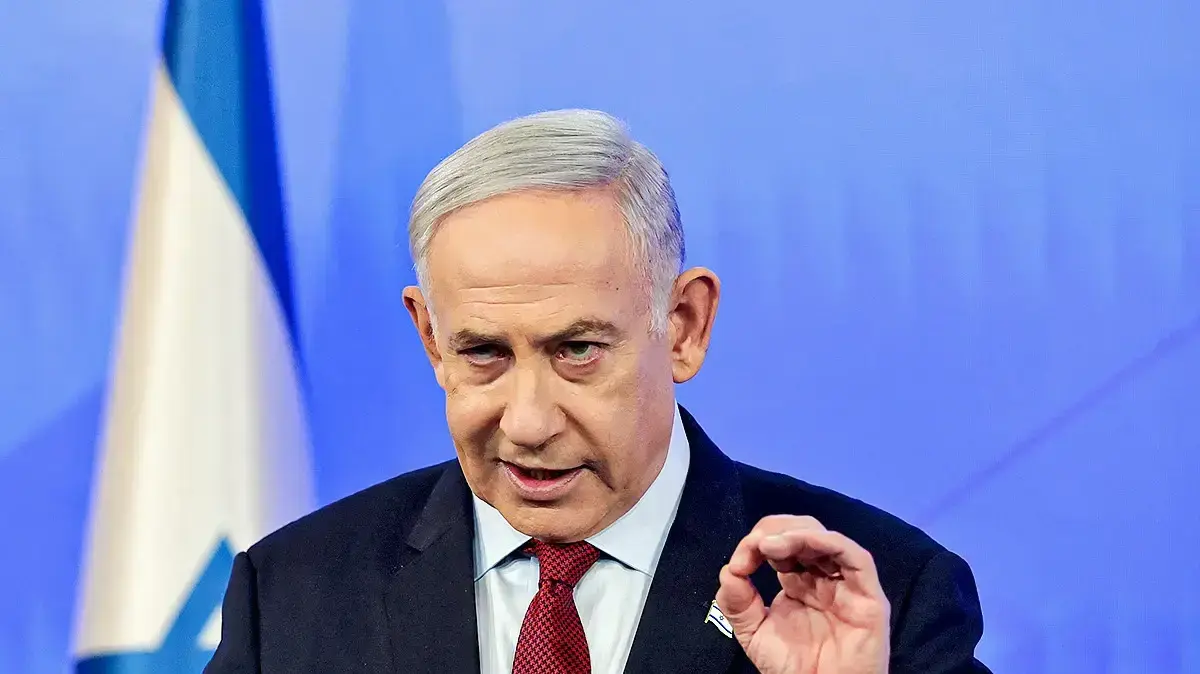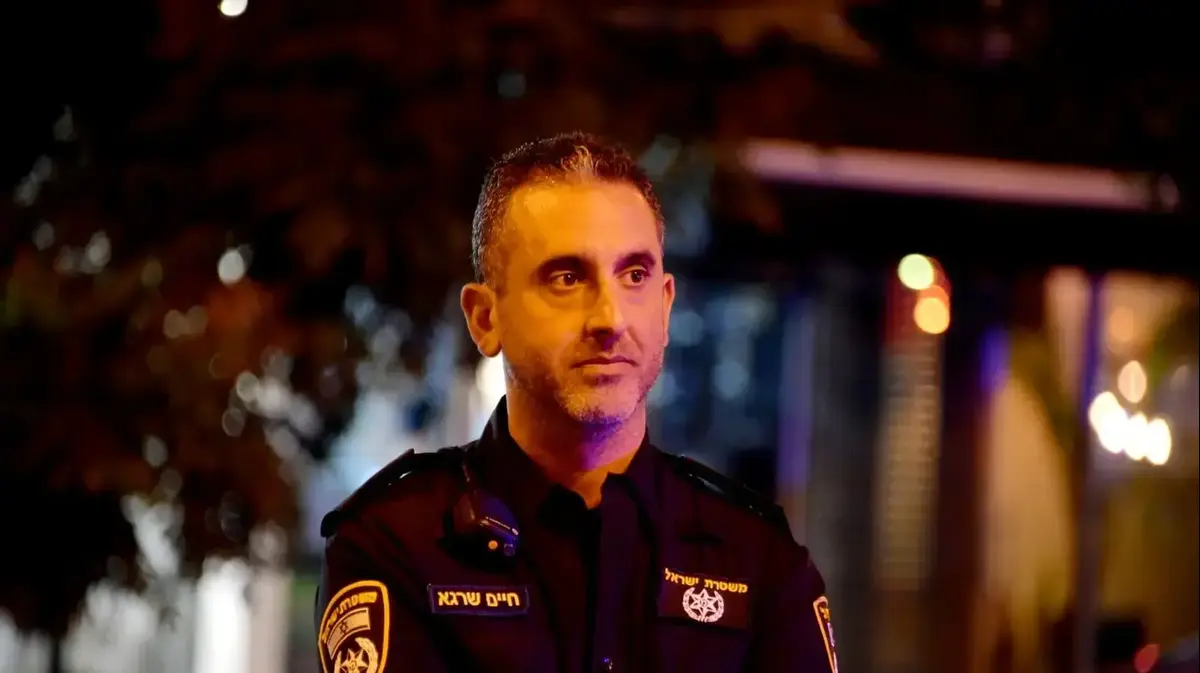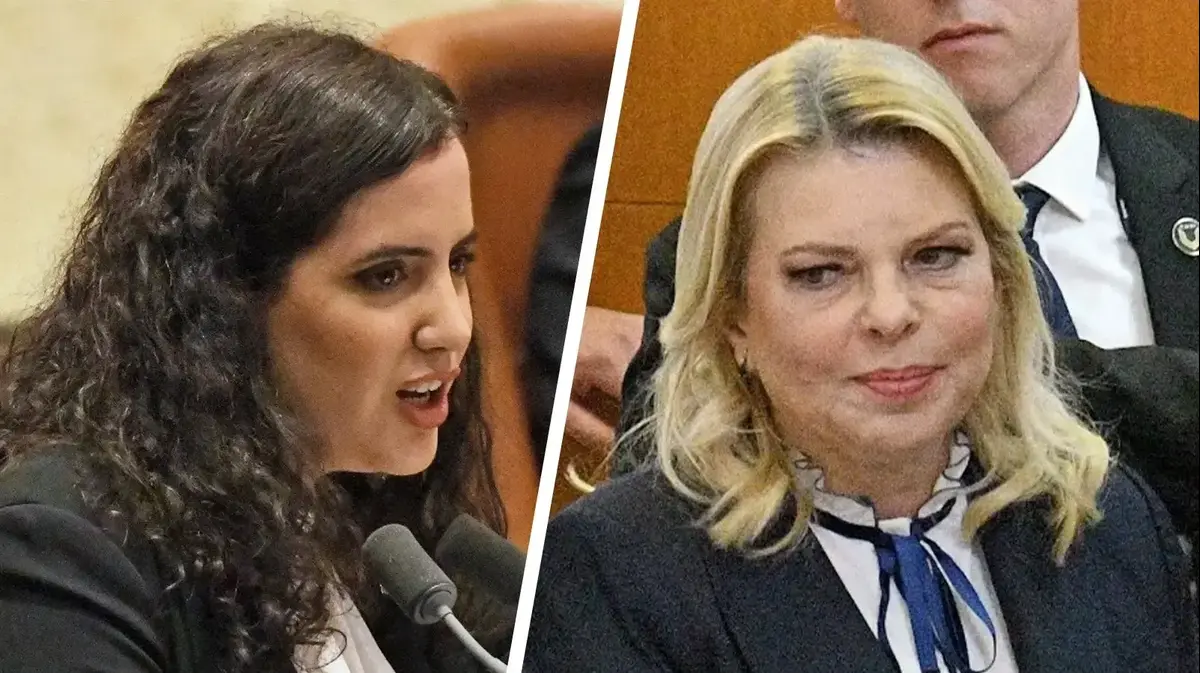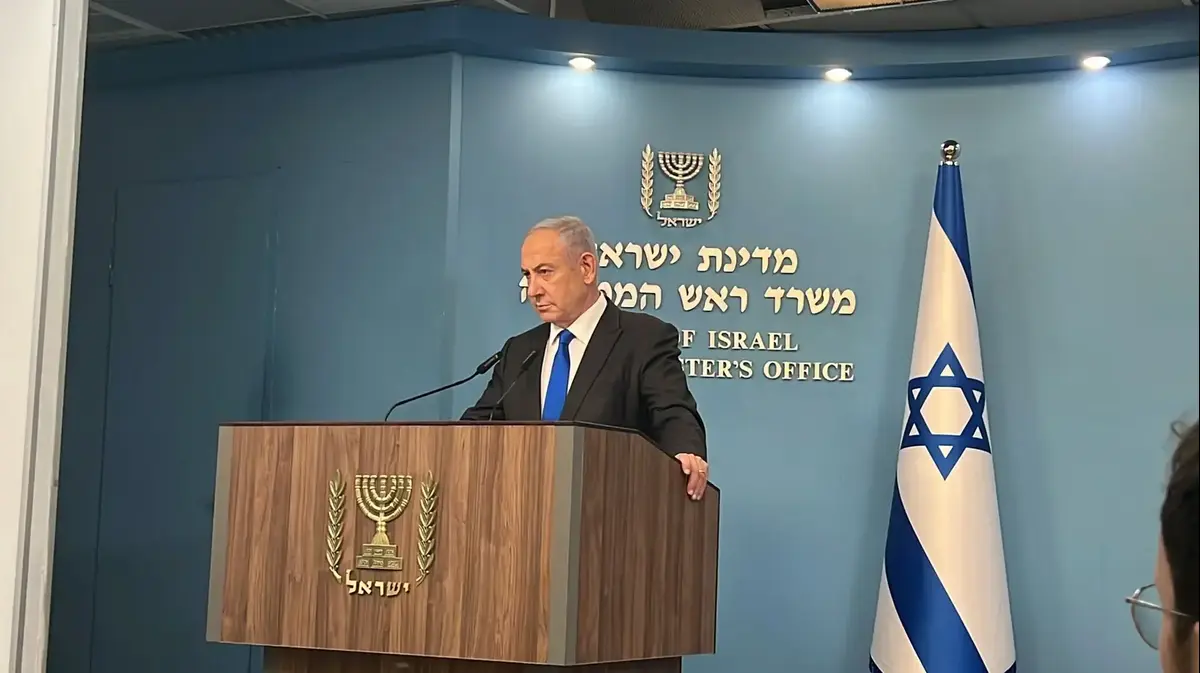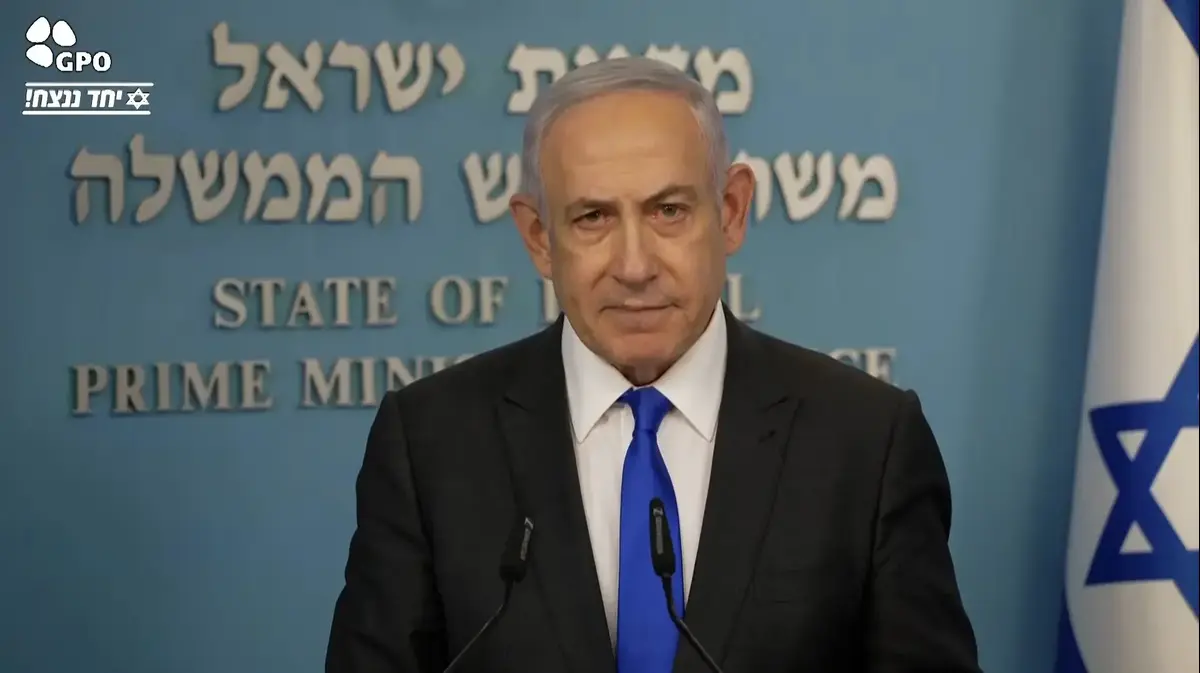Selective enforcement? This is how the court held the defendant Netanyahu's counter-claims
The PM may argue for selective enforcement because the case against him is ongoing while a decision has yet to be made whether to prosecute Bezeq, Walla and Yedioth Ahronoth in the Ministry of Justice and prepare a series of cases in which defendants are charged with "meat and blood" separately from the decisions. On prosecution
Attorney General Dr. Abihai Mandelblit has located a series of cases in which prosecutors made decisions on "flesh and blood" defendants separately from the prosecutions of corporations suspected of being in the case. To counter claims made by Prime Minister Benjamin Netanyahu, According to which, before the decision was made to bring Bezeq, Walla and Yedioth Ahronoth to a criminal trial against Netanyahu, it is a selective enforcement action against the prime minister and proves that the case is not due to be administered in court - Globes has learned.
According to our information, the decision whether to summon the three corporations to a hearing before the trial in Netanyahu's cases will be made in the coming days or weeks.
After Prime Minister Netanyahu announced his decision to waive the immunity request on Tuesday, the indictment against him will soon be filed with the Jerusalem District Court, and the trial will begin soon. But Netanyahu's waiver of immunity does not mean that Netanyahu and his environment will give up defense arguments or attempts to convince the public that Netanyahu is innocent and persecuted by law enforcement agencies. One of Netanyahu's new allegations concerns the failure to prosecute the corporations involved in the 2000 and 4000 cases.
An expression of these allegations came in a letter he recently sent to the USSR organization called "Lavie." Through attorney Michael Dvorin, who also serves as the Likud campaign director, the organization wondered why while Netanyahu, Saul and Iris Alovich and Arnon (Noni) Moses, filed a letter No indictments were filed against Bezeq, Walla and Yedioth Ahronoth, as is customary in cases involving corporations. According to Dvorin, Netanyahu's trial without a decision regarding Yedioth Ahronoth, Bezeq and Walla constitutes selective enforcement and also proves that the case is not due to be managed in court.
Assuming that the issue of non-decision regarding the prosecution of the three corporations will be raised by Netanyahu, the Ministry of Justice conducted accordingly. In recent times, they have been investigating cases involving commercial corporations alongside individuals, and whose decisions have been made separately. The purpose of the Judiciary is to show that this is an acceptable procedure, and not a different conduct with regard to the Prime Minister.
From the Heftziba case to the Holyland case
The Justice Department search led to several such cases. Among other things, this is the case of the Holyland case, the case of the construction company Heftsiba and the case in the case of Haim Katz.
In the Holyland case, the prosecution sent 18 letters of summons before the indictment to the private defendants, including Hillel Charney, Uri Lupolianski, Ehud Olmert and others, on March 14, 2011. Only two months later, on May 12, 2011, letters of summons were sent to the hearing. Indicted for eventually prosecuted companies, Holyland Recreation and Holyland Park.
In the Heftziba case, in which Boaz Yona and others were prosecuted separately, it was decided separately not to prosecute the companies. This is because they were in the process of anticipating liquidation, and because of the desire to allow the construction projects to be completed and to minimize the damage to home buyers. Jonah was convicted of the crimes that led to the collapse of the Heftsiba group and sent to prison.
Also in the case of Haim Katz, the former welfare minister accused of breach of trust and whose request for immunity is being discussed these days, the prosecution of the corporations involved separately was considered after sending the letters to the hearing in Katz. Finally, it was decided not to send letters to corporations, but according to the court system, the very separation did not impair the ability to prosecute the other suspects.
Another case in which a decision was made separately to accuse defendants "flesh and blood" of corporations is the "case file" that deals with a case of huge fraud in meetings conducted by the economic department (or by official name: State of Israel v. Hirschman et al.) An indictment against only 11 flesh and blood defendants, and a year and a half later, six months before the date the case was fixed for hearing, the indictment was amended, adding 25 associations as defendants, which were fraudulent and fatigues, and fraudulent support funds reached their accounts. The associations were convicted together with the defendants for all the offenses attributed to them and a decision was made to forfeit the property N.
The issue of not prosecuting the corporations related to the prime minister's files was first raised in a letter sent by Adv. Dvorin to the Judiciary. Dvorin wondered why no charges were filed against Bezeq Walla and Yedioth Ahronoth, as is the case in other cases involving other companies. As mentioned, according to Dvorin, the prosecution of Netanyahu, Iris and Shaul Elovich and Noni Moses, without a decision regarding "Yedioth Ahronoth", Bezeq and Walla, constitutes selective enforcement and proves that the case is not due for hearings.
Dvorin wrote to the Court that "the benefits claimed by Mr. Netanyahu should have benefited directly from the corporations, and the corporations are also those who themselves provided and / or were supposed to bring the gift. Lightweight and material in the case of Walla, which is a subsidiary of Bezeq, which Bezeq has ordered to provide the sympathetic coverage according to the alleged, so that the parent company will receive regulatory benefits. "
However, according to Attorney Dvorin, "despite all of the above, for some reason you found it appropriate not to prosecute the corporations in the aforementioned cases, even though this was requested, you did not forfeit those corporations, and in fact chose to accuse only private individuals and not the corporations that were an integral part of the offenses. As you say to them in suspicion. "
The difference between a person and a corporation
According to Adv. Dvorin, this is unusual in the light of the fact that this is a violation of the enforcement policy previously set by the State Attorney. Guidance number 9.15 of the Advocate states that "appropriate consideration should be given in each case, including the possibility of prosecution of the corporation, and the possibility of forfeiture." It is "Since the penalty is the principal penalty for a corporation, the maximum fine for a corporation is twice the fixed fine for an individual."
According to the directive, this is a punitive policy stemming from Israel's commitment under the OECD: "The need for stricter punishment, and in particular the penalties for corporations, has also risen from Israel's international commitments, and in particular the OECD's training to fight foreign public servants. These, the punishment for this offense must be daunting and effective. "
In conclusion, Dvorin noted that "it is unnecessary to emphasize that the media bodies have tremendous power in relation to civil servants and elected officials, and because of this, it is evident that in this case it was even more imperative to act in accordance with the instructions of the State Attorney and to comply with the iodine." A similar application was passed to the Supreme Court of Lavi.
On January 22, the Supreme Court responded to allegations of non-prosecution of the corporations. Mandelblit said that contrary to the claims made by Dvorin and Lavi, the possibility of prosecution of Bezeq, Yedioth Ahronoth and Walla is still being considered by the relevant parties, and a decision has not yet been made. For that matter.
Through his assistant, Adv. Adi Menachem Be'er, he wrote and wrote that "there are significant differences between the judicial considerations of 'flesh and blood' suspects and the legal judgments of legal entities. A number of unique considerations exist for the purpose of formulating the decision. Asking them to go to trial, which are not at all relevant to the 'meat and blood' suspects. " The Court concluded his response by saying that "upon completion of the examination of the matter, decisions will be taken on the matter of the corporations in question."
*** Assumption of innocence: Even after the decision to indict Prime Minister Benjamin Netanyahu, Arnon (Noni) Moses and Saul and Iris Elovich, they deny their privilege, have not been convicted of a crime, and they are presumed innocent.
Good to Know (Promoted Content) Good to Know (Promoted Content)Exclusive offer - Try a free service that will save your life
In collaboration
To the full article
